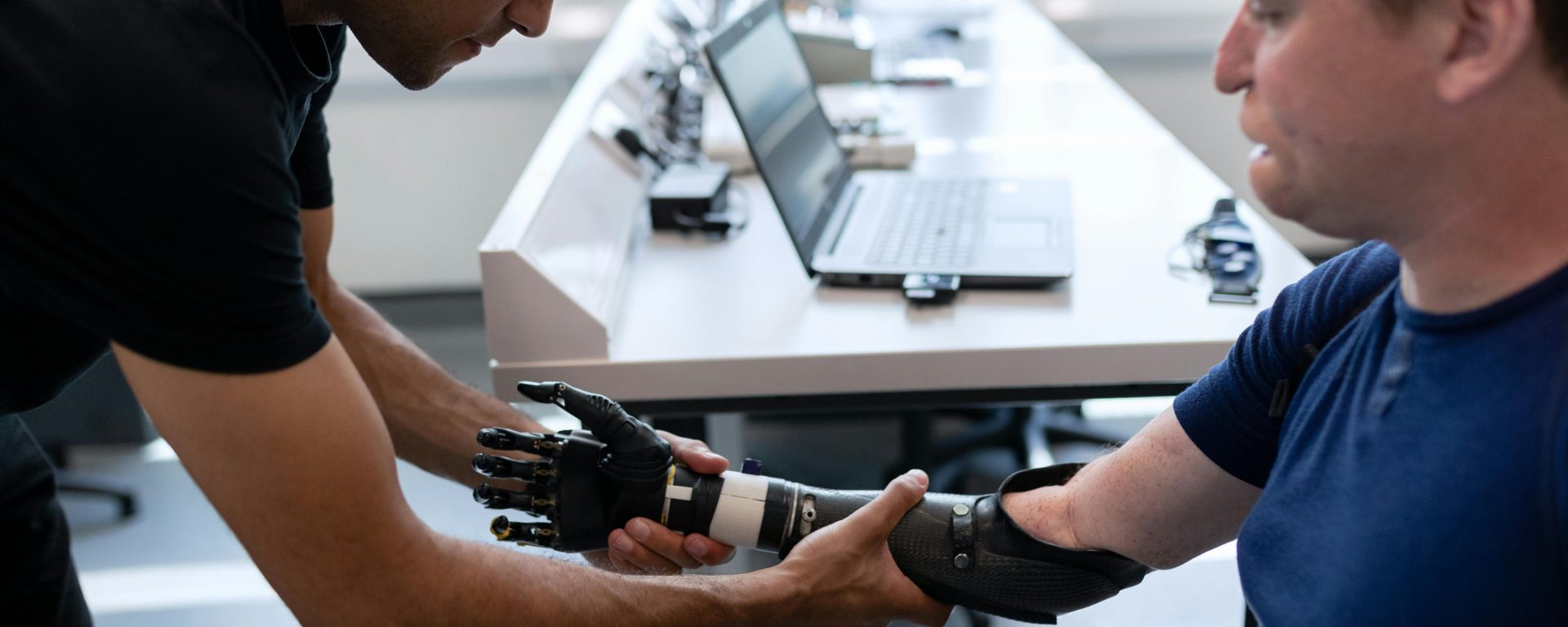In 2014, Dong, et. al., conducted study about Mechanical ventilation which plays a crucial role in the intensive care unit (ICU) by offering life-saving support for patients with acute illnesses. However, extended periods of bed rest and limited physical activity can lead to adverse effects. To address this issue, a study was conducted to explore the feasibility of early rehabilitation therapy for patients requiring mechanical ventilation.
A randomized controlled trial was carried out at the Affiliated Hospital of Medical College, Qingdao University, between May 2010 and May 2012. The study included 60 patients who had been on tracheal intubation or tracheostomy for more than 48 hours and less than 72 hours. These patients were randomly divided into two groups: a rehabilitation group and a control group. In the rehabilitation group, patients received rehabilitation therapy twice daily, with the training adjusted to their individual conditions. Early rehabilitation therapy involved a series of activities such as actively sitting up, transitioning from a supine to a sitting position, sitting on the edge of the bed, sitting in a chair, moving from sitting to standing, and ambulating at the bedside. The study compared various parameters between the two groups, including body mass index, days to the first out-of-bed experience, duration of mechanical ventilation, length of ICU stay, APACHE II score, highest FiO2 (oxygen concentration), lowest PaO2/FiO2 ratio, and hospital mortality. Statistical analysis was performed using Student’s t-test to identify differences between the groups.
The study found no significant differences in body mass index, APACHE II score, highest FiO2, lowest PaO2/FiO2 ratio, and hospital mortality between the rehabilitation group and the control group (p > 0.05). However, patients in the rehabilitation group experienced significant advantages, including shorter time to their first out-of-bed experience (3.8 ± 1.2 days compared to 7.3 ± 2.8 days; p = 0.00), reduced duration of mechanical ventilation (5.6 ± 2.1 days compared to 12.7 ± 4.1 days; p = 0.005), and a shorter ICU stay (12.7 ± 4.1 days compared to 15.2 ± 4.5 days; p = 0.01) compared to the control group.
The study’s findings suggest that early rehabilitation therapy is both feasible and effective in improving outcomes for patients undergoing mechanical ventilation in the ICU. This approach helps mitigate the negative consequences of prolonged bed rest and limited physical activity, ultimately leading to shorter mechanical ventilation duration and reduced ICU stays. These results underscore the importance of considering early rehabilitation therapy as a part of the comprehensive care for critically ill patients.
Reference: Dong, Z. H., Yu, B. X., Sun, Y. B., Fang, W., & Li, L. (2014). Effects of early rehabilitation therapy on patients with mechanical ventilation. World journal of emergency medicine, 5(1), 48.
